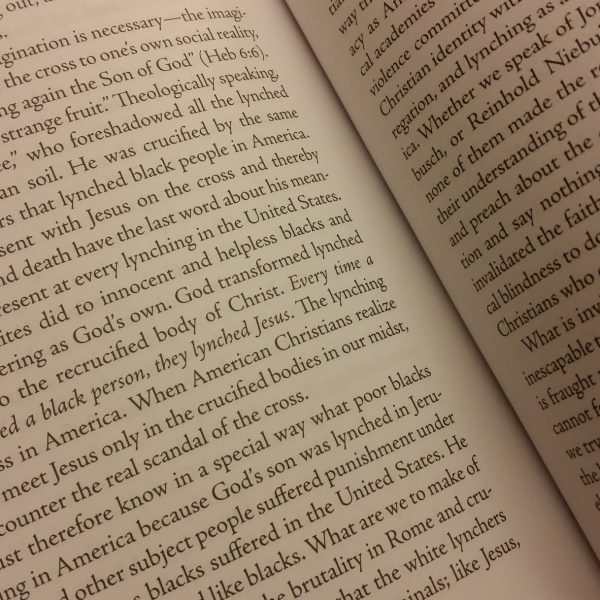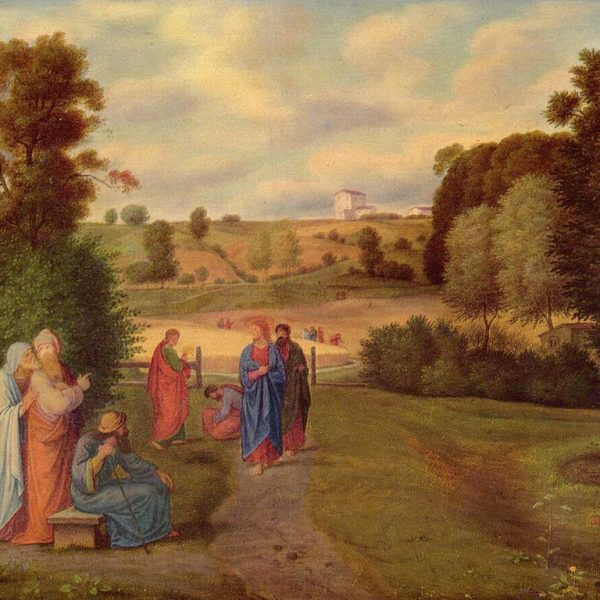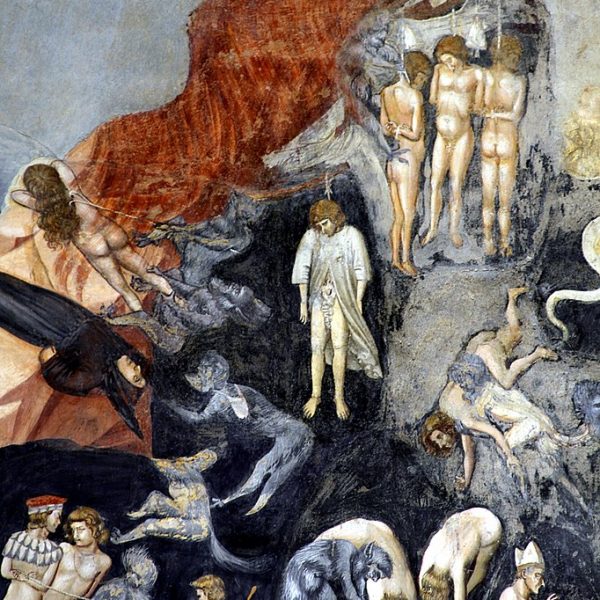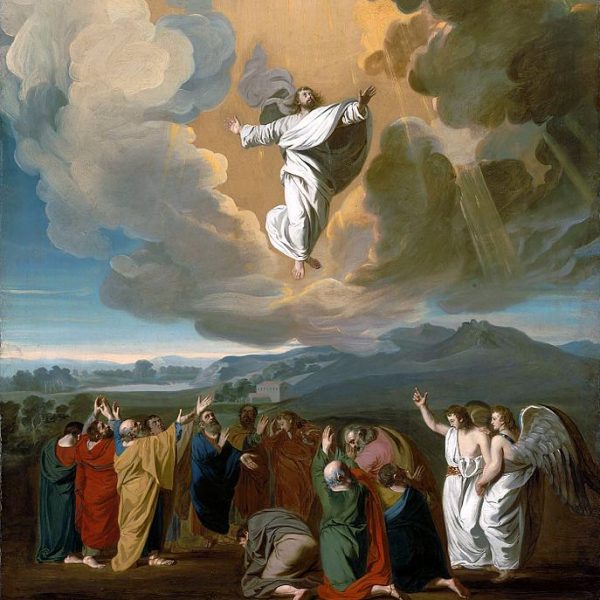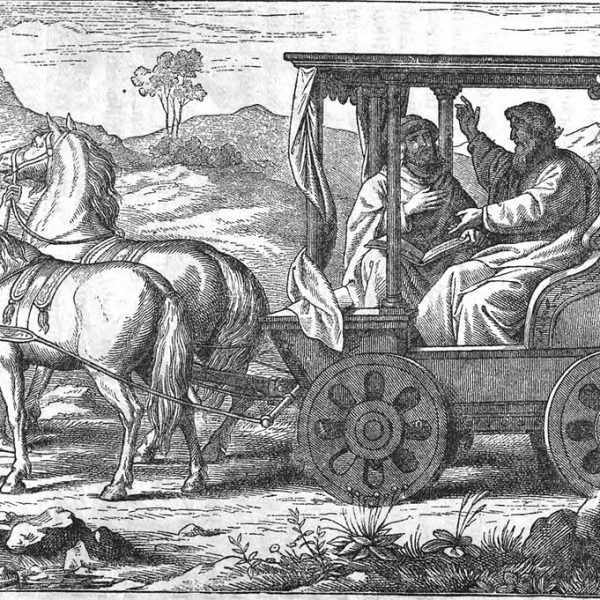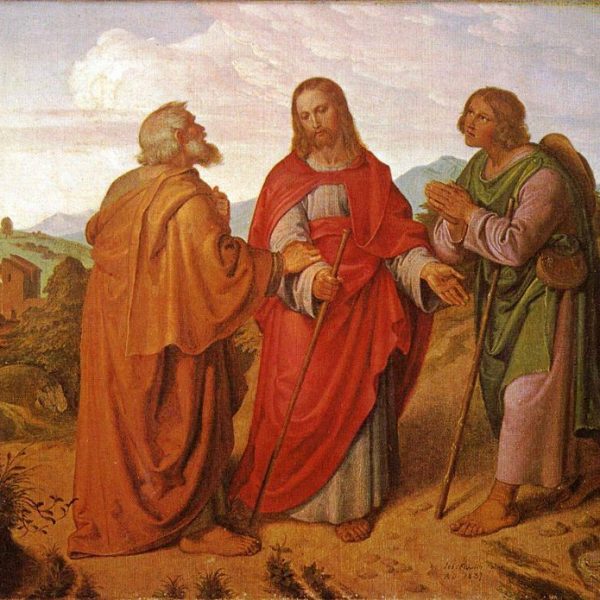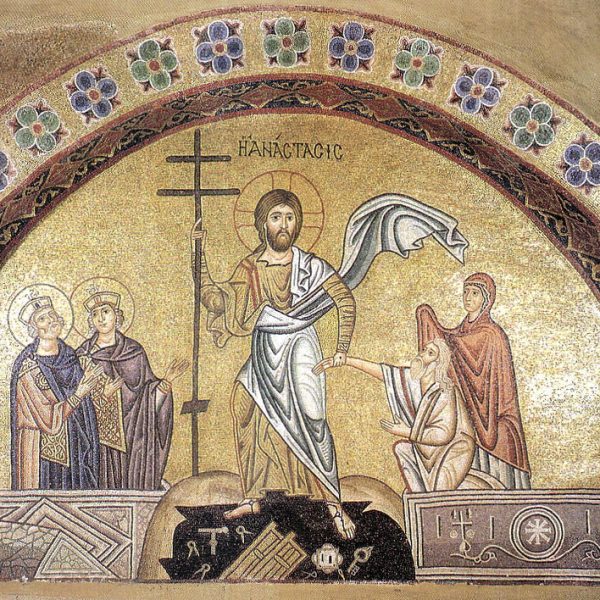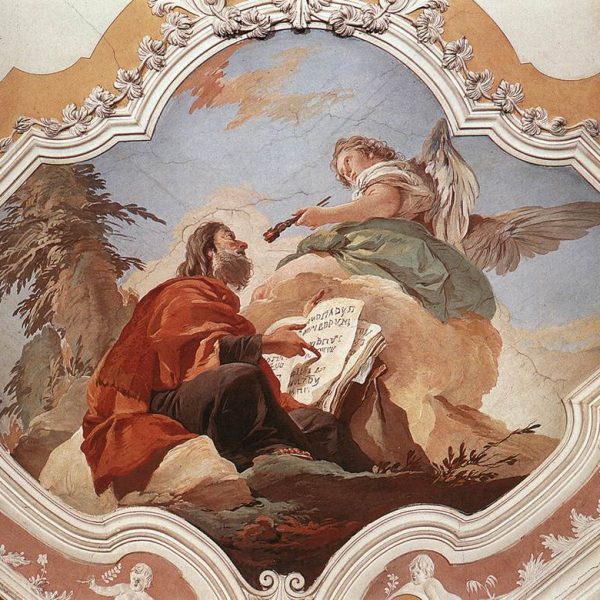
Isaiah the prophet received his call; we must be prepared to receive ours.
By Fritz Wendt
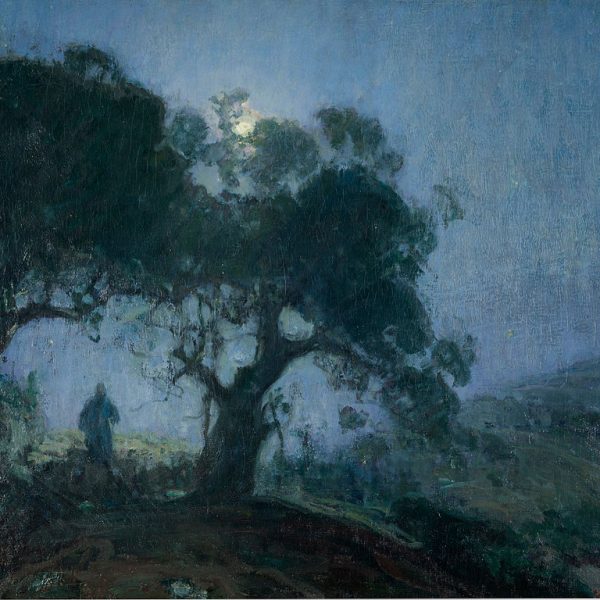
‘Under New Management’: The perfect way to describe people who are led by the Good Shepherd, rather than by the false shepherds of this age..
By Fritz Wendt
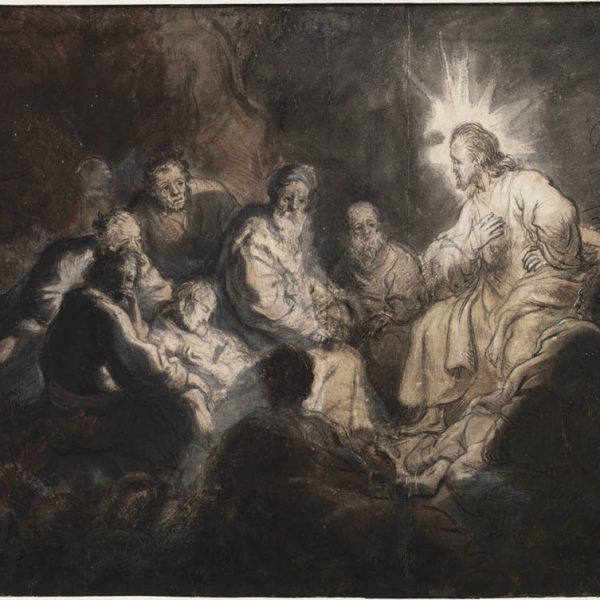
In the first beginning, the Word gave form to that which was formless; in this new beginning, the same Word speaks a word and brings peace to men who are afraid.
By Melissa Dow
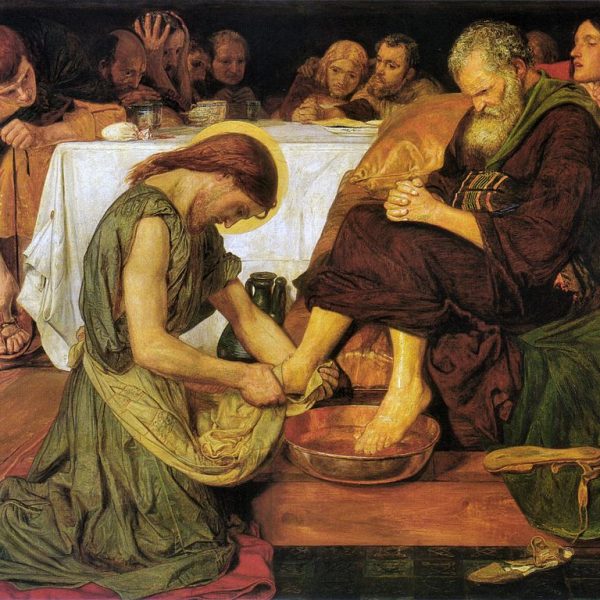
As we are prepared to empty ourselves, we can experience “the beginning of the other”, the Reign of God.
By Fritz Wendt
